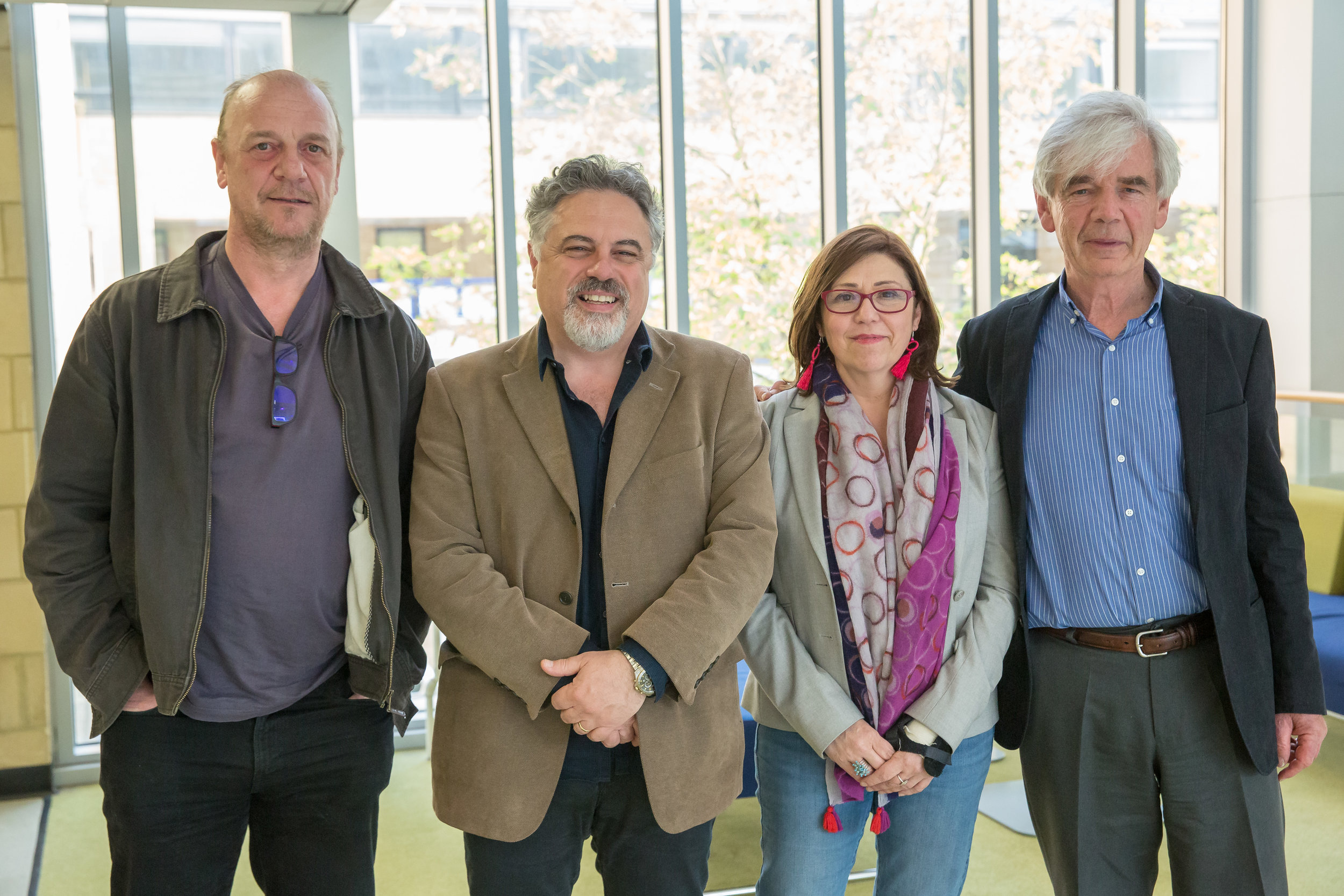One of the most extraordinary examples of ‘women on the verge’ is the Zapatista women from Chiapas, Mexico. The Zapatistas movement (named after revolutionary leader Emiliano Zapata) is a revolutionary movement of a new type. It came to light for the first time on 1 January 1994, when the Zapatista National Liberation Army (Ejército Zapatista de Liberación Nacional, EZLN) occupied several counties of Chiapas. The ski-masked peasants (armed to be heard and ski-masked to be seen) exclaimed, ‘Enough is enough!’ (Ya basta!), declared war on the Mexican state and characterised globalisation as a ‘war against humanity.’ The Zapatista’s ¡Ya Basta! resonated around the world and changed the way we perceived both global capitalism and revolutionary change….
In March 2018, the compañeras Zapatistas convened the First International Gathering of Women who Struggle, which brought together 7,000 women of all ages, races and beliefs worldwide to ‘meet, talk, and listen as women’. Zapatista women are feminists in a way, but they distance themselves from the usual ideological, strategic and political divisions of Western feminism. To them feminism is practical and comes from women’s experience.
At this international gathering, women focused on the defence of life against the hetero-patriarchal obliteration of women: ‘We agree to live, and for us to live is to struggle…so we agree to each struggle in our own way, place, and time.’ They discussed the necessity of fighting against capitalism as well as against patriarchal violence, because the latter not only permits the abuse of women, but even leads to murder, and blame for their own deaths. The Second International Encounter of Women who Struggle (27–29 December 2019) focused on violence against women only. The invitation in the form of a ‘Letter to Women in Struggle Around the World’ highlighted that the possibility of life on the planet depended on the real eradication of this violence which, rather than being an anomaly, ‘pertains to “their” capitalist, colonial and patriarchal society’…
…READ MORE: Transforming Society, 23 August 2021: https://www.transformingsociety.co.uk/2021/08/23/women-on-the-verge-defending-life-against-the-global-patriarchy/




![DSCF2698[1].JPG](https://images.squarespace-cdn.com/content/v1/5bdad55436099b039e4669b6/1565703553711-QBTW460VUXEY3MIC0XDA/DSCF2698%5B1%5D.JPG)





